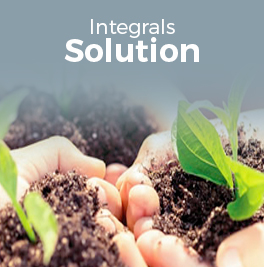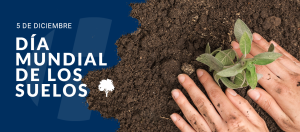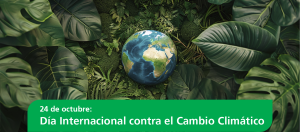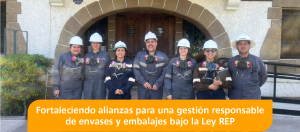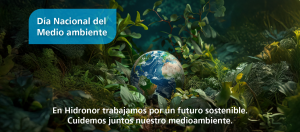Our country currently faces a new paradigm in terms of the productive aspects of companies. These, by regulation, must migrate towards a more sustainable production process incorporating circular economy actions to its maximum extent which will result as an improvement in the quality of life of all of the Chileans, and of our ecosystem as well.
In pursuit of this goal we, at Hidronor, provide value through management, operation, and treatment services for industrial and hazardous waste, whereupon great part of the companies will have to put into practice with the coming into force of the EPR law and requires them to begin acting in a more responsible way by taking charge of seven defined priority product categories.
In regard to this matter, Jorge Stagno, General Manager of the company, details that “Under the concept “from waste to resource”, we, at Hidronor, have the ability to value contaminated lubricating oils or products with calorific power to then convert these into alternative fuels; in the same way, we contribute to the recovery of car batteries containing acid and lead to produce cathodes in mining. In addition, among other services, we participate in the treatment, revaluation and recycling of batteries, containers, electrical and electronic devices to be reinserted in the production chain”.
However, “we also support companies with the alternative of land recovery and revaluation through contaminated soil remediation. Here mining takes on great relevance because, in spite of not having a regulatory framework that controls the management of contaminated soils to this day, there is the Law 20,551 that regulates the closure of mining operations, and it is precisely at this point where we have become a fundamental player over the years, to support the correct tailings management in mining companies”, adds the executive. player over the years to support mining companies with the correct management of tailings ”, adds the executive.
Likewise, we also have the capacity to export and incinerate waste that requires this, such as PCBs, which according to the law must cease to be used in Chile in 2025, and disposed of correctly in 2028.
For more information, We invite you to read the full report in the Special Edition of El Mercurio, here.


